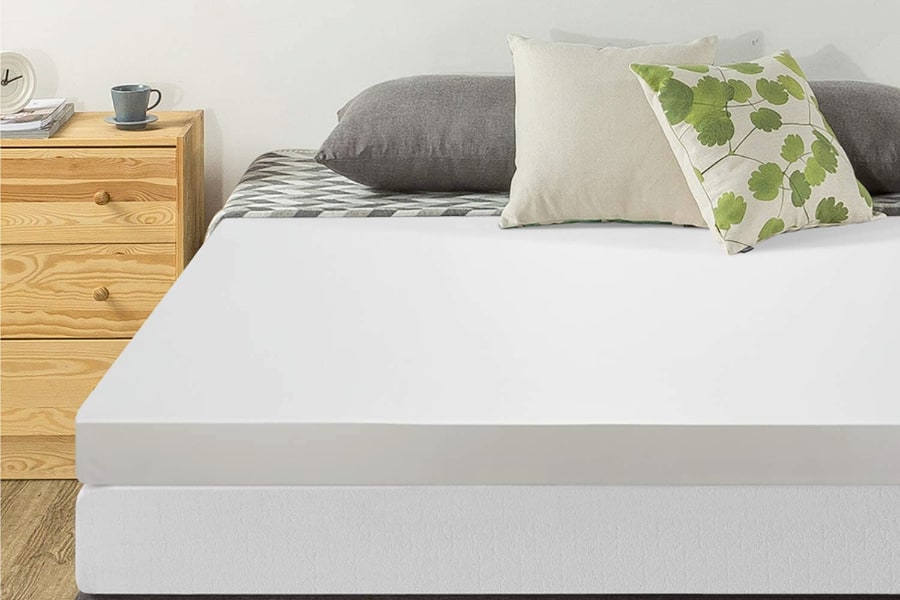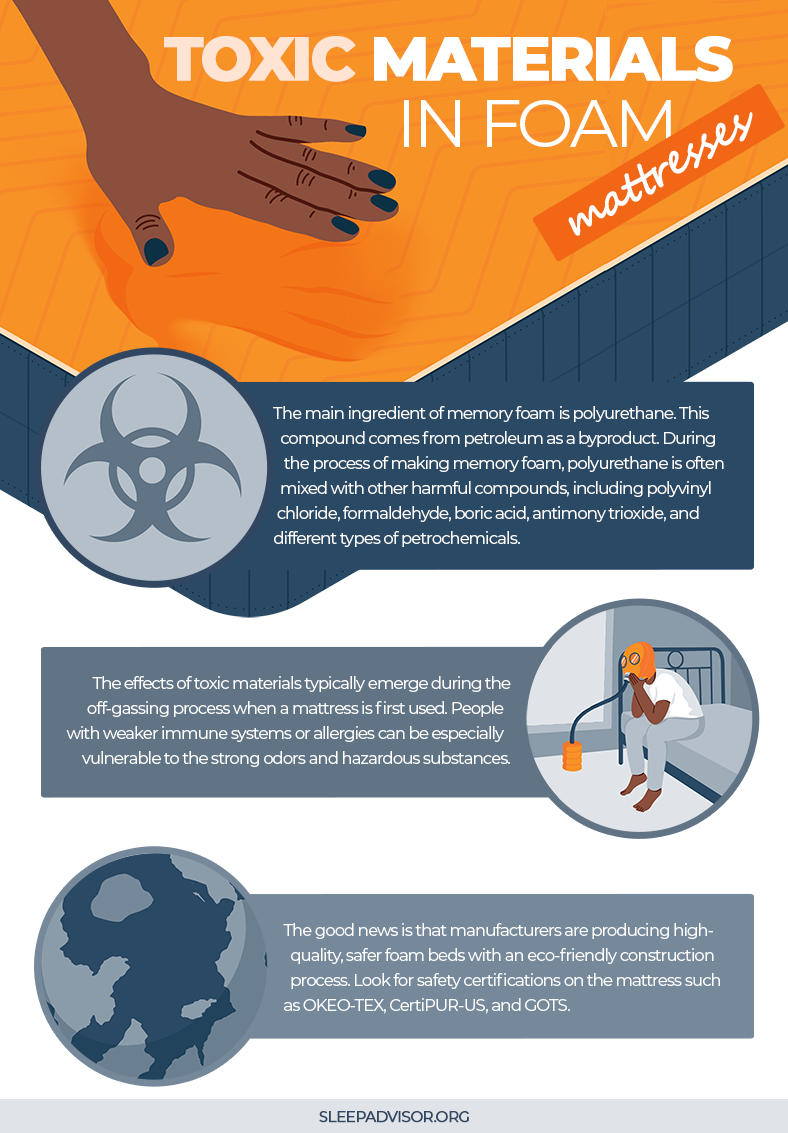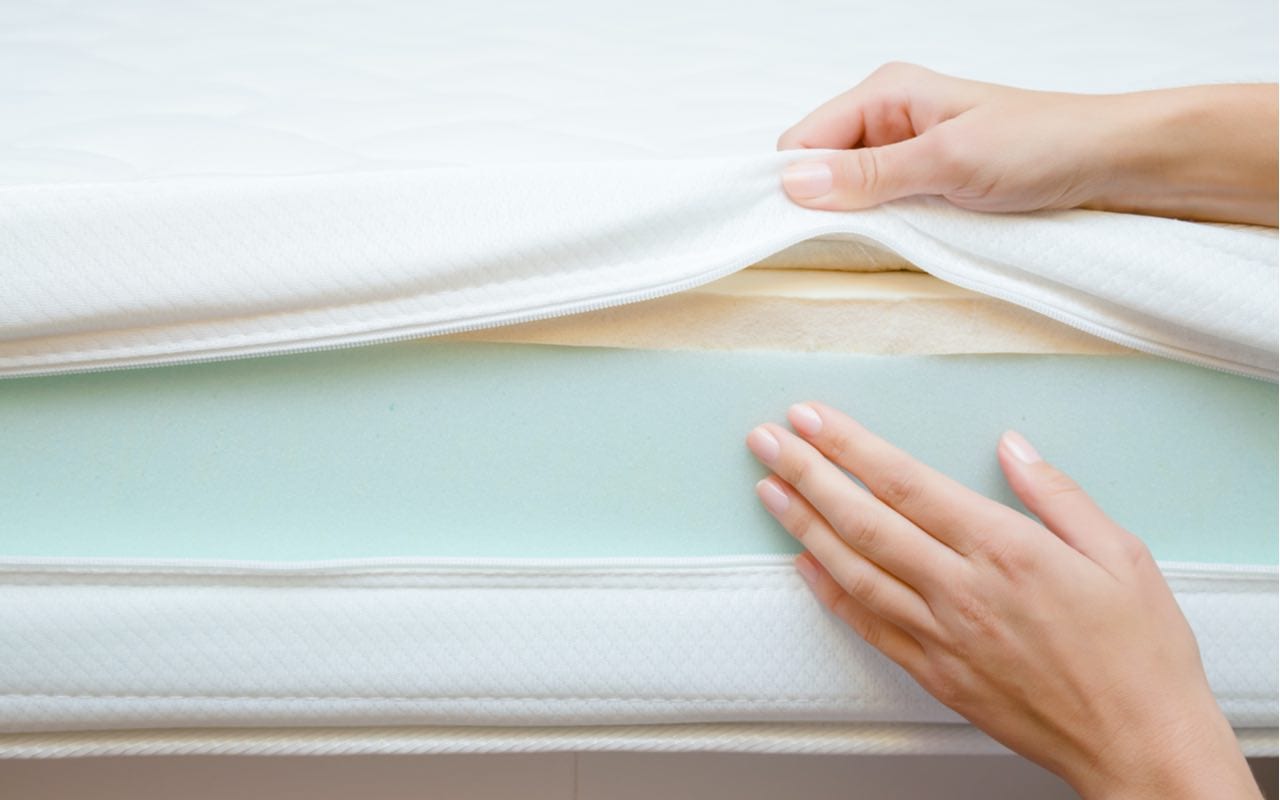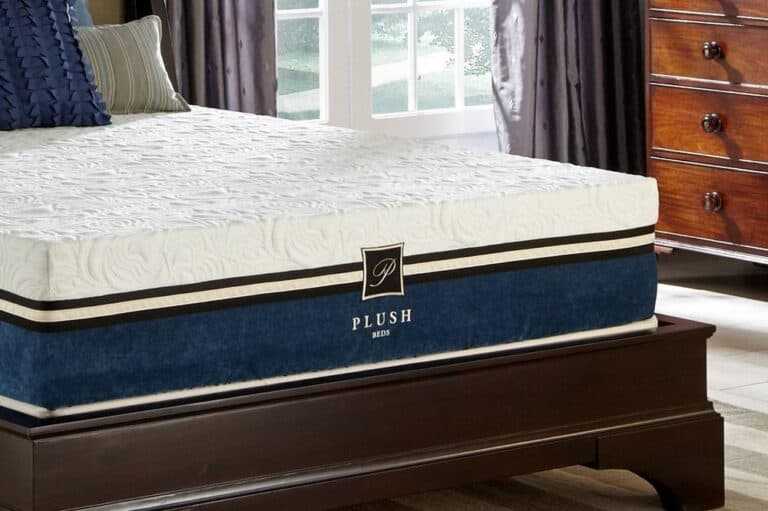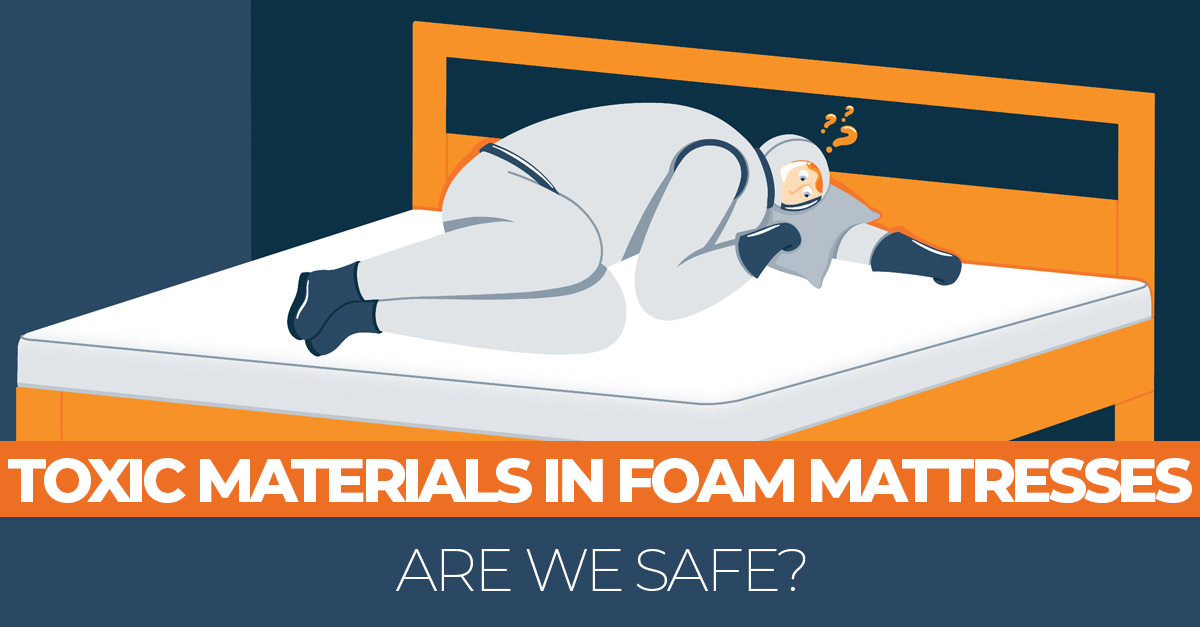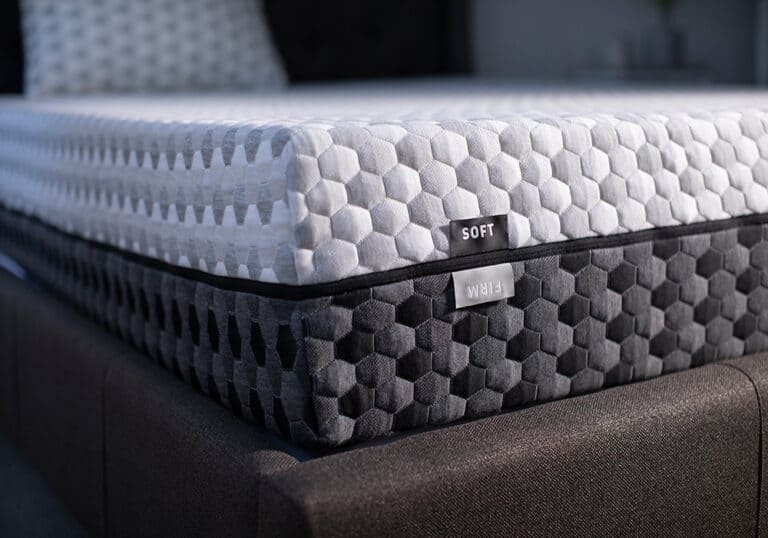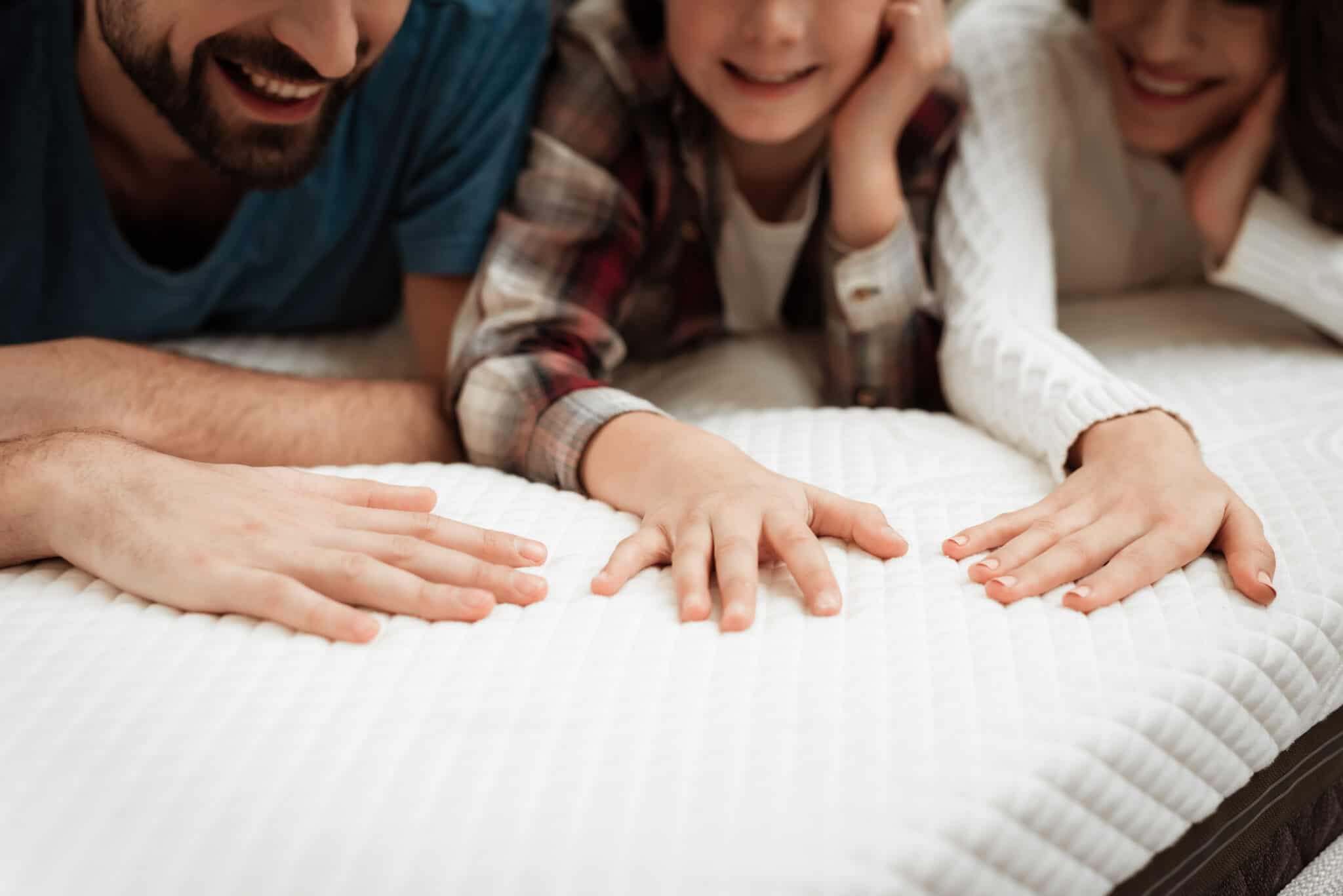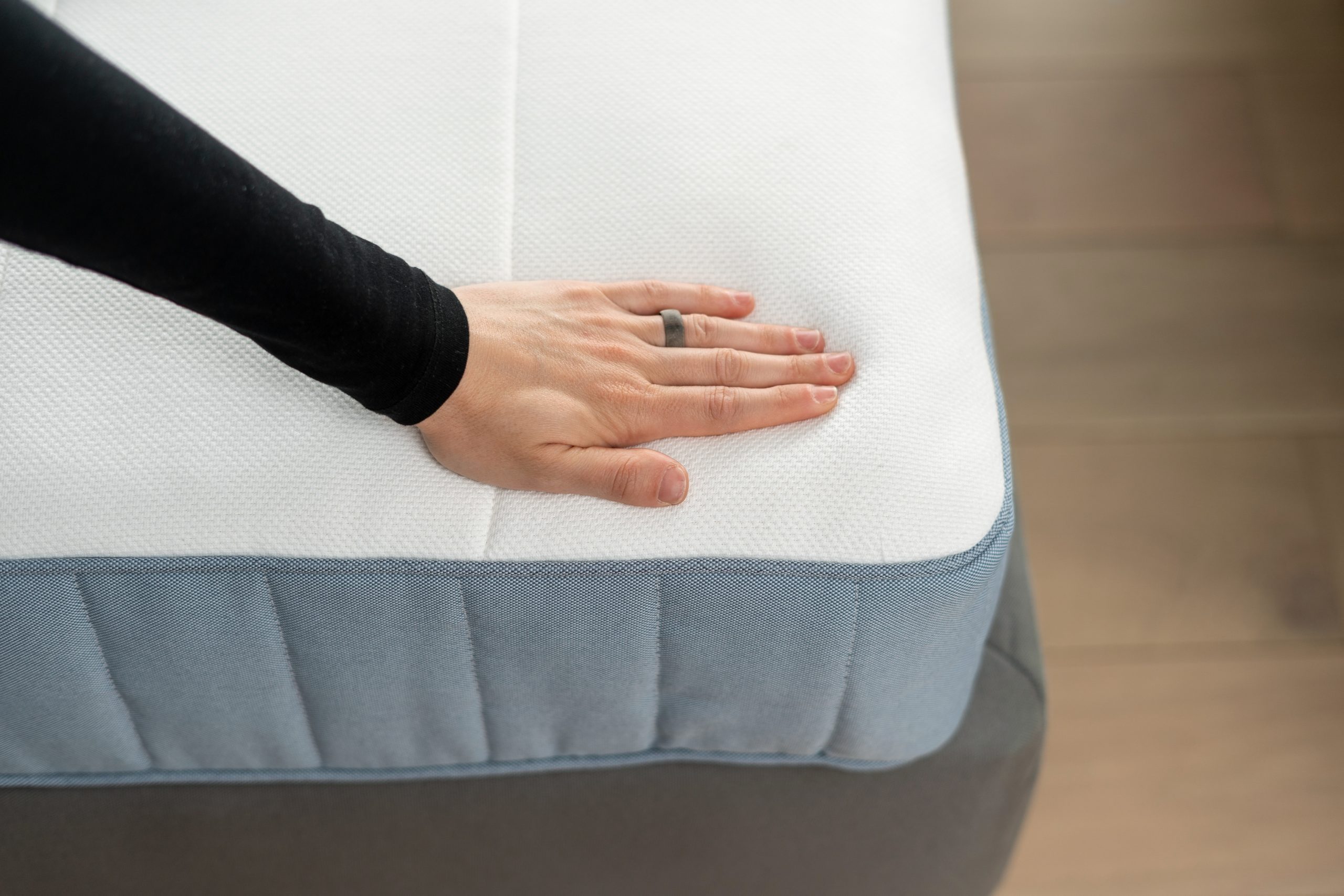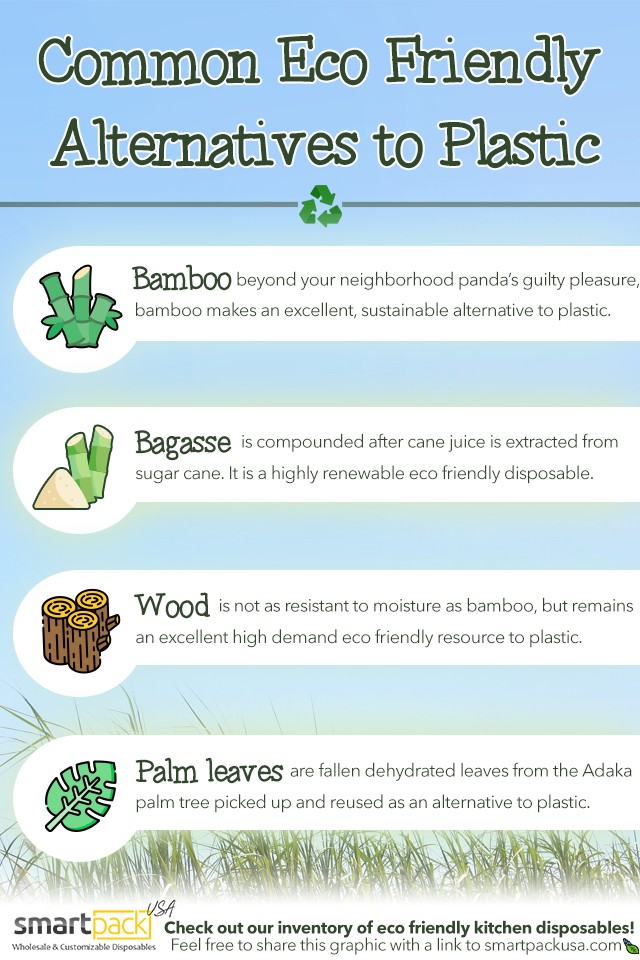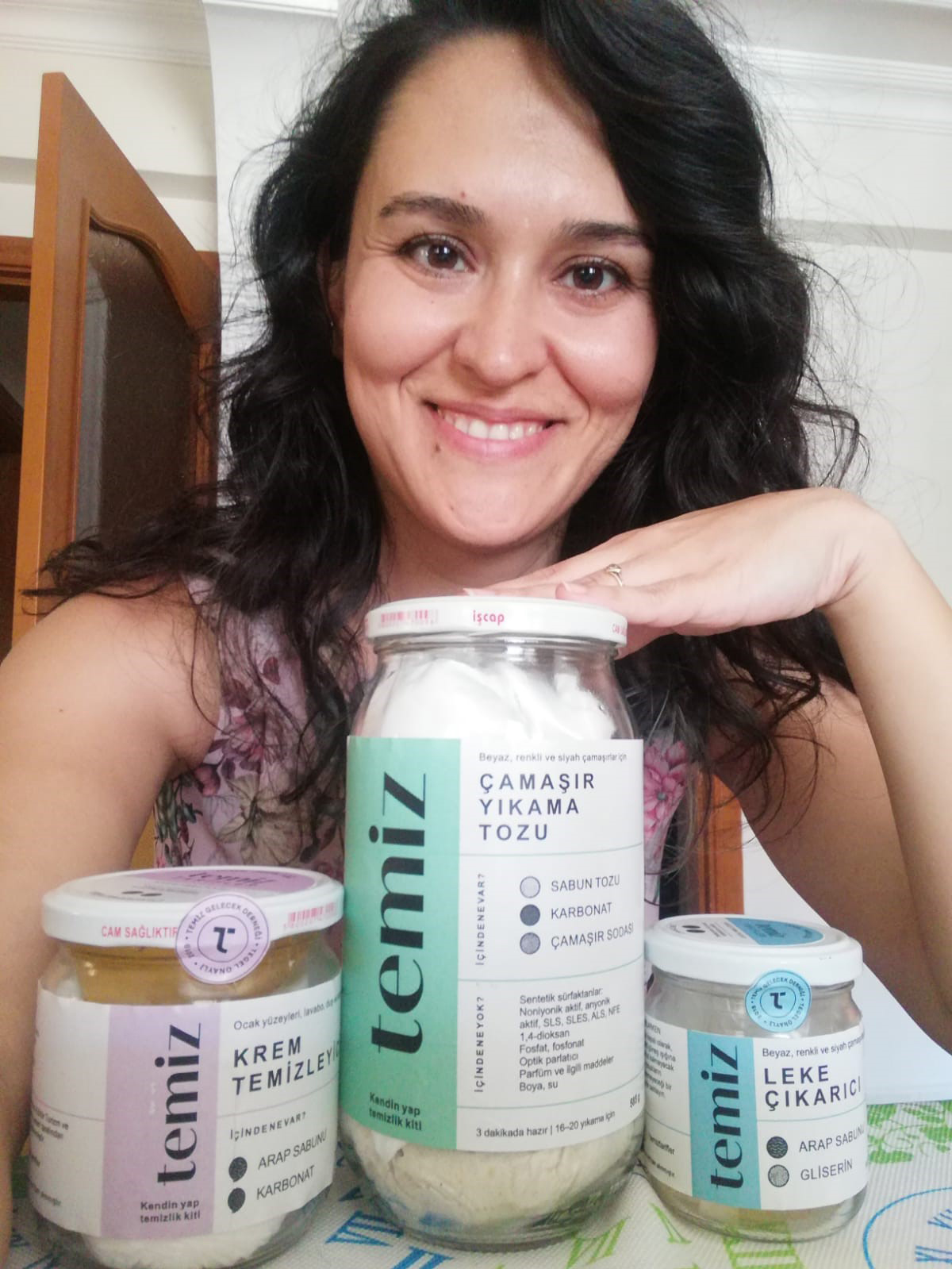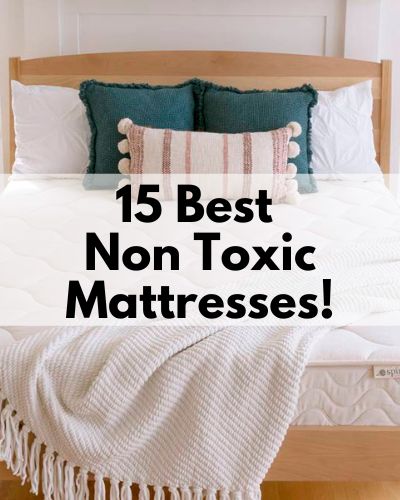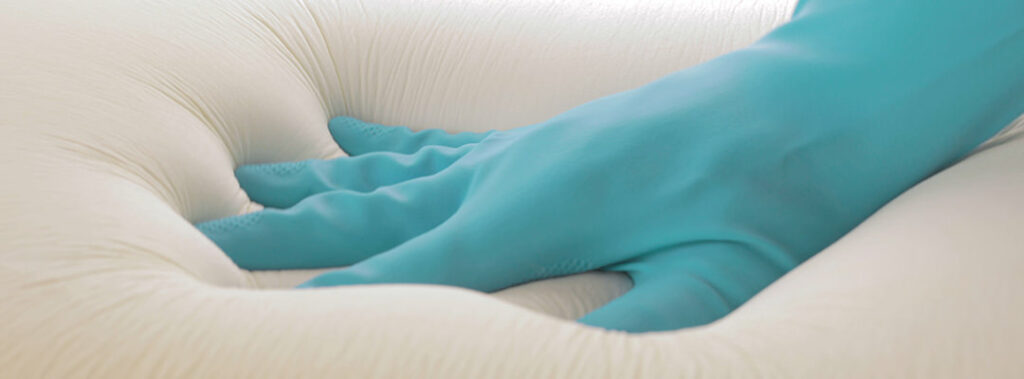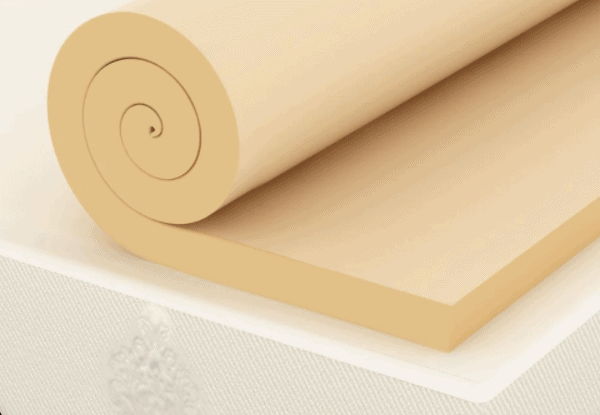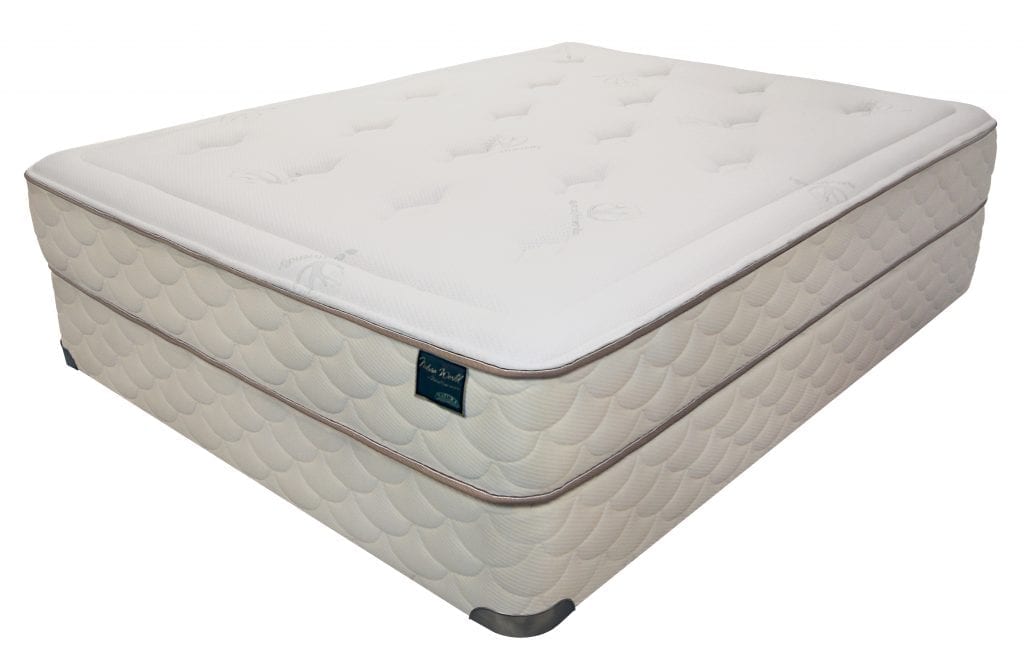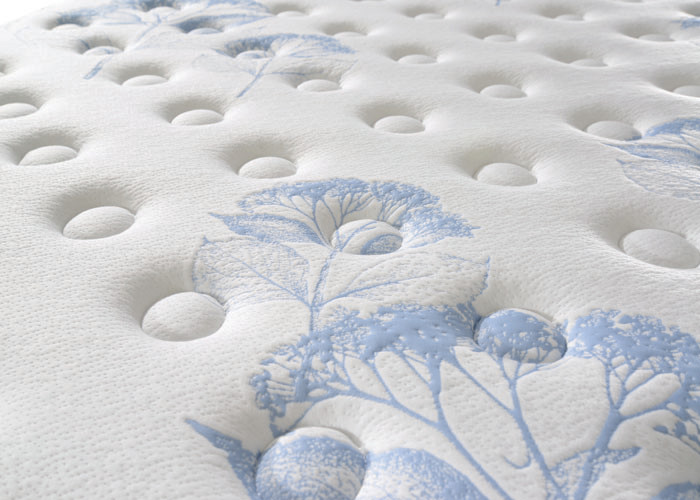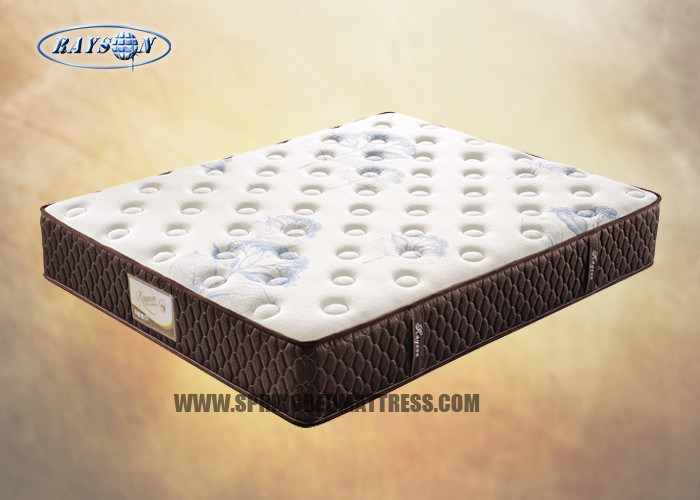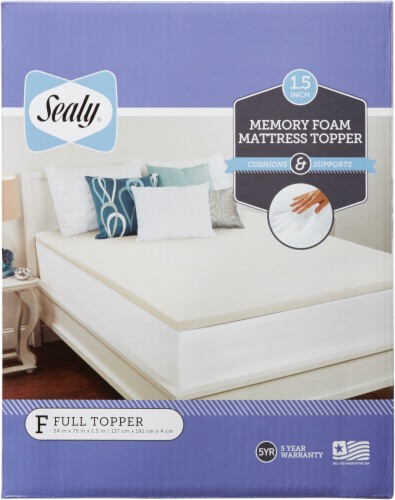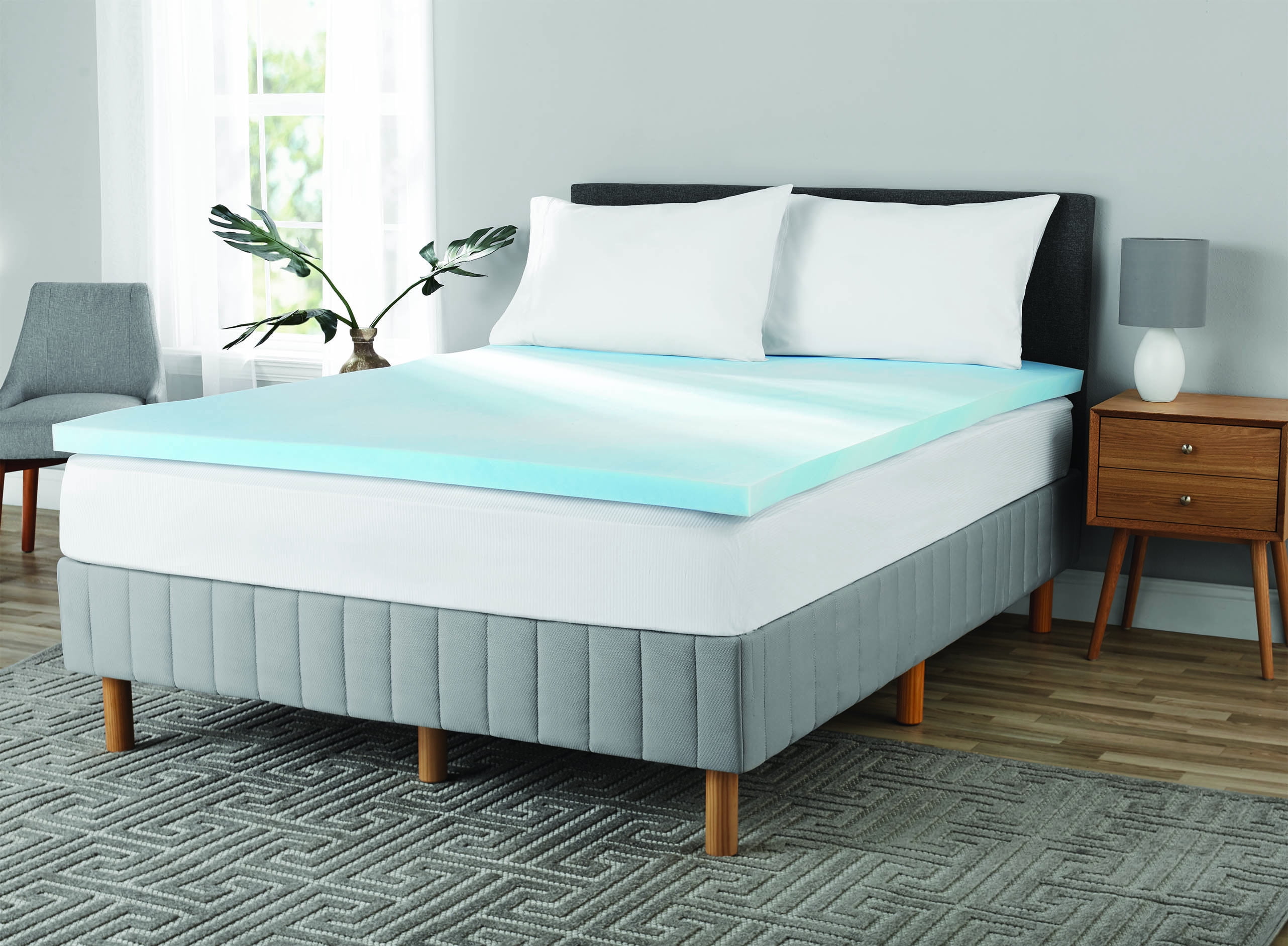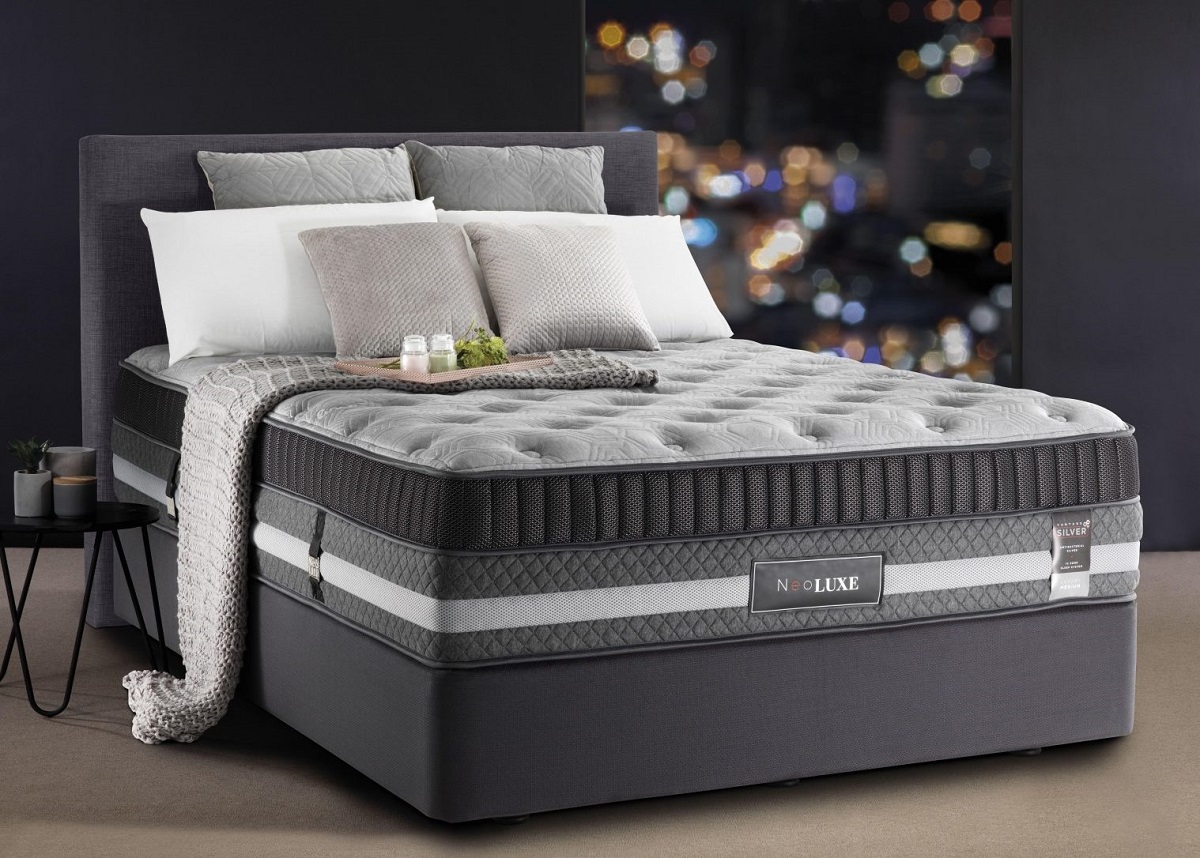Memory foam mattress toppers have become increasingly popular for their ability to provide extra comfort and support to any mattress. However, there has been some concern over whether these toppers are safe to use, and whether they contain any toxic chemicals. In this article, we will take a closer look at the potential risks of memory foam mattress toppers and explore eco-friendly alternatives that you may want to consider.Memory Foam Mattress Toppers: Are They Toxic?
One of the main concerns with memory foam mattress toppers is the presence of toxic chemicals. Memory foam is made from polyurethane foam, which is a synthetic material that can release volatile organic compounds (VOCs) into the air. These VOCs can have harmful effects on our health, such as respiratory irritation, headaches, and dizziness. Furthermore, some memory foam mattress toppers may also contain flame retardants, which have been linked to serious health issues like cancer, infertility, and developmental delays in children. These chemicals are added to meet flammability standards, but they can also release toxic fumes into the air.Are Memory Foam Mattress Toppers Safe?
Memory foam mattress toppers may contain several toxic chemicals, including formaldehyde, benzene, and toluene. These chemicals are used during the manufacturing process and can off-gas into the air while you sleep. Formaldehyde, in particular, is a known carcinogen and can cause respiratory problems, skin irritation, and other health issues. In addition, some memory foam mattress toppers may also contain phthalates, which are used to make the foam more flexible and durable. However, phthalates have been linked to hormonal disruptions, reproductive problems, and adverse effects on fetal development.Toxic Chemicals in Memory Foam Mattress Toppers
The potential health risks associated with memory foam mattress toppers are a cause for concern, especially for those with allergies or respiratory issues. The off-gassing of toxic chemicals can lead to breathing problems, headaches, and other symptoms. Prolonged exposure to these chemicals may also have long-term effects on our health. In addition, the use of flame retardants in memory foam mattress toppers has been linked to serious health issues. These chemicals can accumulate in our bodies over time and have been found in breast milk, blood, and urine samples. Infants and young children, in particular, are more vulnerable to the effects of these chemicals due to their developing bodies.Health Risks of Memory Foam Mattress Toppers
Aside from the potential health risks, memory foam mattress toppers are also not the most environmentally friendly option. The manufacturing process of memory foam involves the use of non-renewable resources and can release harmful chemicals into the environment. In addition, memory foam is not biodegradable, which means it will take hundreds of years to decompose in a landfill. This can have a significant impact on our planet and contribute to the growing problem of waste management.Are Memory Foam Mattress Toppers Environmentally Friendly?
If you are concerned about the potential health risks and environmental impact of memory foam mattress toppers, there are several eco-friendly alternatives that you may want to consider. Natural latex, for example, is a popular option that is free from toxic chemicals and offers similar support and comfort as memory foam. Another option is organic wool, which is a natural and sustainable material that is known for its temperature-regulating properties. Wool mattress toppers can provide extra cushioning and are resistant to dust mites, making them a great choice for those with allergies. Lastly, you may also want to look into organic cotton mattress toppers, which are free from harmful chemicals and are biodegradable. These toppers can provide a soft and breathable surface for your mattress, without compromising your health or the environment.Eco-Friendly Alternatives to Memory Foam Mattress Toppers
If you still prefer a memory foam mattress topper but want to minimize your exposure to toxic chemicals, here are some tips to keep in mind:How to Choose a Non-Toxic Memory Foam Mattress Topper
Organic memory foam mattress toppers are made from natural and non-toxic materials, making them a healthier and more eco-friendly option. However, they can be more expensive than traditional memory foam toppers. Whether the extra cost is worth it depends on your priorities and budget. If you are looking for a non-toxic and sustainable option, then organic memory foam mattress toppers may be a worthwhile investment. However, if you are on a tight budget, there are still plenty of affordable non-toxic alternatives available.Organic Memory Foam Mattress Toppers: Are They Worth It?
Off-gassing is the process of releasing chemicals into the air, and it is a common concern for memory foam products. To minimize the effects of off-gassing, you can air out your memory foam mattress topper before use. Place it in a well-ventilated area for a few days to allow any odors to dissipate. Alternatively, you can also choose toppers made with plant-based memory foam, as they typically have fewer chemicals and off-gas less compared to traditional memory foam.Memory Foam Mattress Toppers and Off-Gassing
Unfortunately, most memory foam mattress toppers are not recyclable due to the synthetic materials used in their production. If you are looking for a more sustainable option, consider purchasing a natural and biodegradable mattress topper instead. However, some companies have started offering recycling programs for their memory foam products, so it is worth checking with the manufacturer if this is something you are interested in.Are Memory Foam Mattress Toppers Recyclable?
The Benefits of Choosing Non-Toxic Memory Foam Mattress Toppers for Your Home

Keeping Your Family Safe and Healthy
 The importance of a good night's sleep cannot be overstated, and choosing the right mattress topper is a crucial part of achieving that. However, with the increasing awareness of the harmful chemicals present in many household products, it is only natural to question whether memory foam mattress toppers are safe for your family. The truth is, not all memory foam mattress toppers are created equal. Some may contain toxic chemicals that can have a negative impact on your health and the environment. This is why it is important to choose non-toxic memory foam mattress toppers for your home.
The importance of a good night's sleep cannot be overstated, and choosing the right mattress topper is a crucial part of achieving that. However, with the increasing awareness of the harmful chemicals present in many household products, it is only natural to question whether memory foam mattress toppers are safe for your family. The truth is, not all memory foam mattress toppers are created equal. Some may contain toxic chemicals that can have a negative impact on your health and the environment. This is why it is important to choose non-toxic memory foam mattress toppers for your home.
The Dangers of Toxic Chemicals
 Memory foam mattress toppers are made from a material called polyurethane foam, which is known to emit harmful volatile organic compounds (VOCs). These chemicals can cause respiratory problems, skin irritation, and other health issues when released into the air we breathe.
They can also have a negative impact on the environment, contributing to air pollution and landfills. This is particularly concerning for those who suffer from allergies or have young children who are more vulnerable to these toxins.
Memory foam mattress toppers are made from a material called polyurethane foam, which is known to emit harmful volatile organic compounds (VOCs). These chemicals can cause respiratory problems, skin irritation, and other health issues when released into the air we breathe.
They can also have a negative impact on the environment, contributing to air pollution and landfills. This is particularly concerning for those who suffer from allergies or have young children who are more vulnerable to these toxins.
Making the Switch to Non-Toxic Memory Foam Mattress Toppers
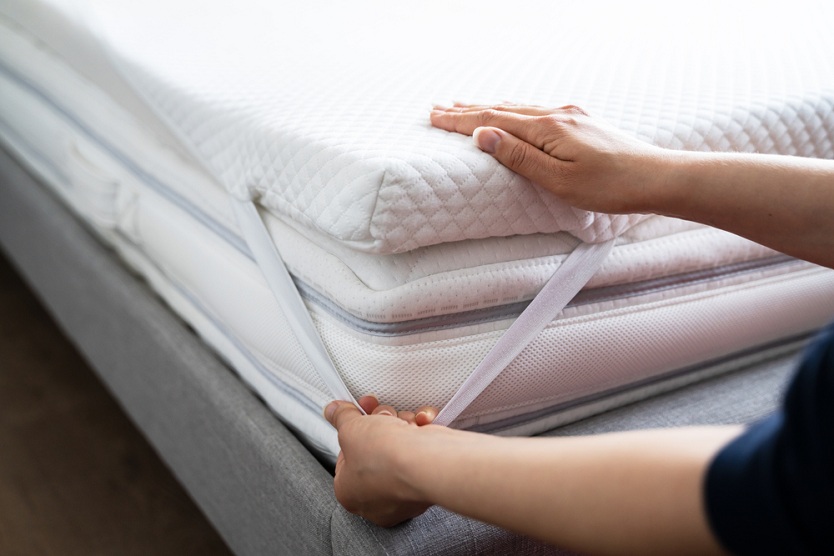 Fortunately, there are non-toxic alternatives available in the market. Look for
memory foam mattress toppers that are certified by CertiPUR-US
, which ensures that the product is made without harmful chemicals such as formaldehyde, ozone depleters, and heavy metals. These toppers are also made without using flame retardants, which have been linked to serious health concerns. By choosing non-toxic memory foam mattress toppers, you can have peace of mind knowing that your family is sleeping on a safe and healthy surface.
Fortunately, there are non-toxic alternatives available in the market. Look for
memory foam mattress toppers that are certified by CertiPUR-US
, which ensures that the product is made without harmful chemicals such as formaldehyde, ozone depleters, and heavy metals. These toppers are also made without using flame retardants, which have been linked to serious health concerns. By choosing non-toxic memory foam mattress toppers, you can have peace of mind knowing that your family is sleeping on a safe and healthy surface.
Additional Benefits of Non-Toxic Memory Foam Mattress Toppers
 Aside from the health and environmental benefits, non-toxic memory foam mattress toppers also offer other advantages. They are
more durable and long-lasting compared to traditional memory foam toppers
. This means you won't have to replace them as frequently, saving you money in the long run. They also have better temperature regulation, ensuring a comfortable sleep throughout the night. Additionally, they are hypoallergenic and resistant to dust mites, making them a great choice for those with allergies.
In conclusion, when it comes to choosing a mattress topper for your home, it is important to prioritize the health and well-being of your family. By opting for non-toxic memory foam mattress toppers, you can create a safe and healthy sleeping environment for your loved ones. With their durability, temperature regulation, and hypoallergenic properties, they are not only a responsible choice but also a practical one. So, make the switch to non-toxic memory foam mattress toppers and enjoy a good night's sleep without compromising your health or the environment.
Aside from the health and environmental benefits, non-toxic memory foam mattress toppers also offer other advantages. They are
more durable and long-lasting compared to traditional memory foam toppers
. This means you won't have to replace them as frequently, saving you money in the long run. They also have better temperature regulation, ensuring a comfortable sleep throughout the night. Additionally, they are hypoallergenic and resistant to dust mites, making them a great choice for those with allergies.
In conclusion, when it comes to choosing a mattress topper for your home, it is important to prioritize the health and well-being of your family. By opting for non-toxic memory foam mattress toppers, you can create a safe and healthy sleeping environment for your loved ones. With their durability, temperature regulation, and hypoallergenic properties, they are not only a responsible choice but also a practical one. So, make the switch to non-toxic memory foam mattress toppers and enjoy a good night's sleep without compromising your health or the environment.







